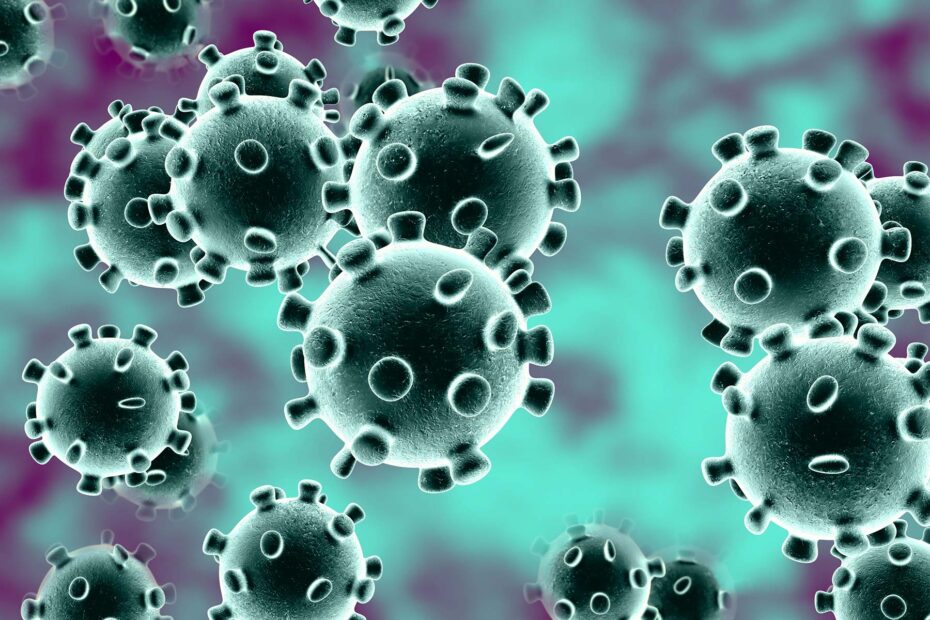The Answer is Yes. While coronavirus disease 2019 (COVID-19) mostly spreads from person to person, it can also spread from people to animals. Now some new unconfirmed study indicating animals to human as well.
According to the U.S. Centers for Disease Control and Prevention, a few pets — including cats and dogs — also have been infected with the virus that causes COVID-19. This happened mostly after the animals were in close contact with people infected with the COVID-19 virus.
New York-Based German Shepherd, the First Dog to Test Positive for Coronavirus in the U.S., Has Died. Buddy, who lived in Staten Island with his owners, died on July 11th. There are more cases of positive testing, yet there are not much deaths reported.
Based on the limited available information, the risk of animals spreading the COVID-19 virus to people is considered low. Animals don’t appear to play a significant role in spreading the virus that causes COVID-19. There is no evidence that viruses can spread to people or other animals from a pet’s skin, fur or hair.
However, keep in mind that young children, people with weakened immune systems, and people age 65 and older are more likely to get sick from some other germs that animals can carry.
To protect your pet from the COVID-19 virus, don’t let your dog or cat interact with people or animals outside your household. You need to avoid direct contact with pets, including petting, snuggling, being kissed or licked, sleeping in the same location, and sharing food or bedding.
If you have COVID-19 and your pet becomes sick, don’t take your pet to the veterinarian yourself. Instead, contact the veterinarian. He or she might offer advice through a virtual visit or make another plan for treating your pet. Testing is only recommended for pets that have symptoms and have been exposed to a person with COVID-19.
If your pet tests positive for the virus that causes COVID-19, follow the same precautions you would if a family member became infected. Aim to isolate your pet in a separate room away from the rest of your family and have your pet stay at home. Wear gloves when you interact with your pet or its food, dishes, waste or bedding. Wash your hands after touching any of your pet’s items. Don’t put a face covering on your pet and don’t wipe your pet with disinfectants, which can be harmful. If your pet develops new symptoms or seems to be getting worse, call the veterinarian.
If your pet becomes ill, there’s reason to be hopeful. Of the small number of dogs and cats confirmed to have the virus that causes COVID-19, some didn’t show any signs of illness. The pets that did become ill only experienced mild symptoms and could be cared for at home. None of them died.
If you have questions or concerns about your pet’s health and how it can be affected by COVID-19, contact your veterinarian. Read more by William F. Marshall, III M.D. post on Mayoclinic.
